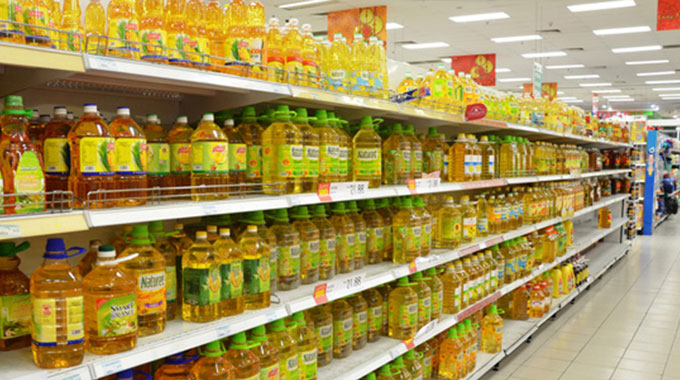Source: Zim prices higher than South Africa | The Sunday News October 13, 2019
Lincoln Towindo
PRICES of goods and services in Zimbabwe are pegged at an average 50 percent above those obtaining in South Africa despite relative convergence between the Rand and the local unit on the interbank market over the last month.
While wages and fuel — the biggest contributors to production costs — are lower in Zimbabwe compared to South Africa, local products and services are priced inordinately higher than the neighbouring country.
Economic analysts believe this could indicate unfair pricing models by local businesses through arbitrage.
NHMK Capital founder and chief executive Mr George Manyere contends that since the convergence of the Zimbabwe dollar and the South African unit last month, prices of goods in the two countries should align.
“As at 23 September 2019, the prices of goods and services in Zimbabwe and South Africa, including the cost of labour should theoretically be expected to be aligned since the currencies are at par according to the interbank exchange rate. However, this is not the case as the Zimbabwean economy continues to suffer from the threat of hyperinflation and significant rent-seeking behaviour caused by the huge arbitrage opportunities that exist in the market.”
A comparison of prices in the two countries shows that a 2kg pack of brown sugar is retailing at R19,60 while it costs $29,99 locally, which is a variance of 53 percent. While a 2-litre bottle of cooking oil costs R32,50 in South Africa, it is selling for $51,99 in Zimbabwe giving a price difference of 60 percent. There is a 43 percent difference in the price of a 2kg box of Maq washing powder which is pegged at R39,99 in South Africa and $56,99 locally. A 2kg pack of rice costs 122 percent more in Zimbabwe at $54,99 while in South Africa it is selling at R24,75.
Zimbabwean workers earn at least 90 percent less than their South African counterparts and this, according to the analysts, indicates local workers are subsidising their employers. Confederation of Zimbabwean industries president Mr Henry Ruzvizo said businesses were placing a premium on the products to ensure that they can replace their stock.
Newer Post
Places of encounter Older Post
Government to the rescue again 
COMMENTS
How would you expect prices to be comparable when Zimra are extorting customs duties on everything coming through the border?
Even if they were to be aligned a worker in Zim worker would still suffer much more than any SA worker. Or, would simply not afford isn’t. it? Imagine a doctor in Zim earns gross salary of $1900 (i.e. R1900, assuming equivalence)and minimum wage of domestic worker in SA is over R3000; isn’t it?